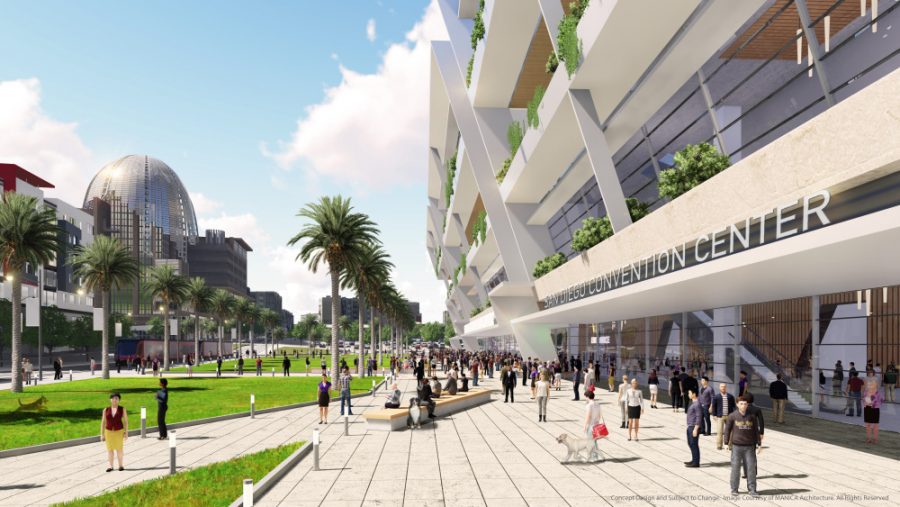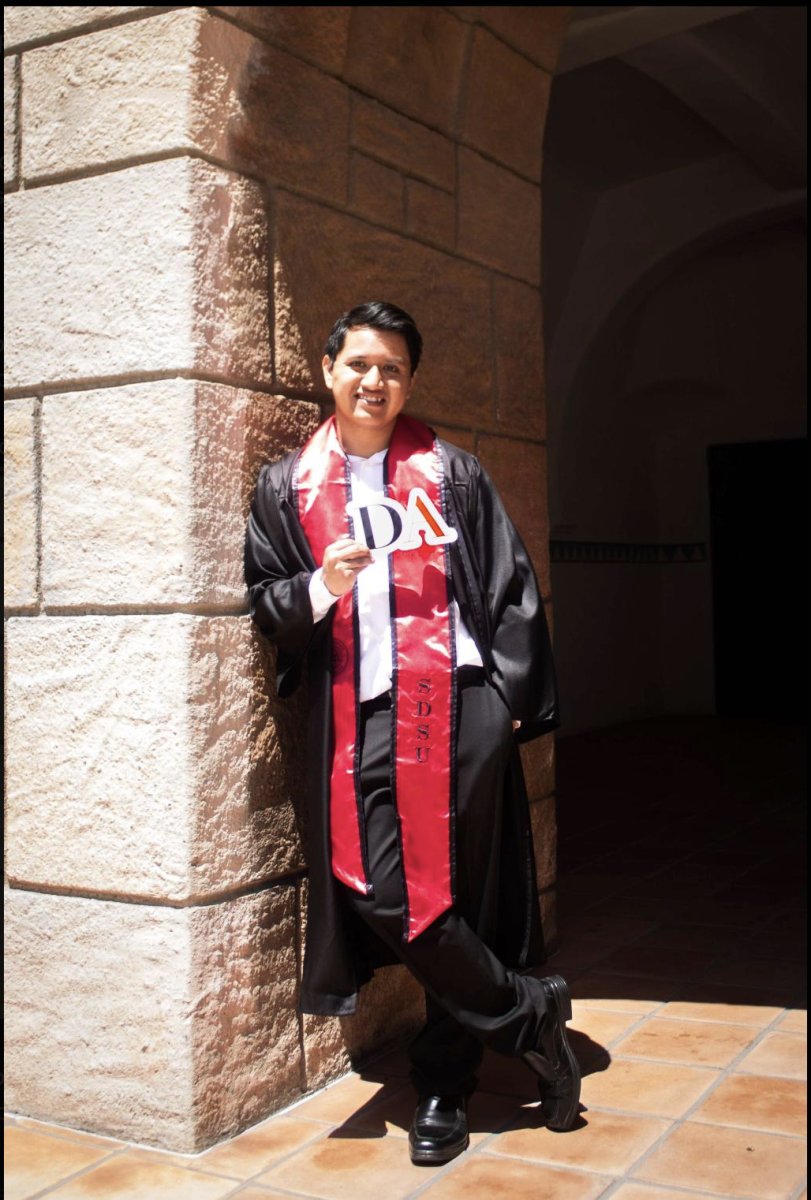In January, Chargers president Dean Spanos came crawling back to San Diego with his tail between his legs after the NFL offered Los Angeles to the Rams — not the Chargers — and quickly got to scheming how to extort the city for a massive taxpayer handout. Measure C will be on the ballot in San Diego this November, and would provide up to $1.2 billion in city-raised money for the project.
There is still an option for the Chargers to move, but only as a tenant in a new L.A. stadium. Spanos knows the real money in the NFL is not in playing in someone else’s stadium, but in prying massive subsidies from cash-strapped municipalities for one of his own.
San Diego taxpayers have little interest in coughing up $1 billion in corporate welfare, so a scheme was hatched to raise taxes on tourists instead, in the form of hotel room taxes. Dubbed the “convadium” by local news site Voice of San Diego, the combined football stadium and convention center is being sold to the city as a solution to two problems.
First, the “problem” of the Chargers being one of the last teams not to have a new publicly subsidized football palace. The second, and most pertinent, is the need to expand the convention center. But the Chargers’ ballot initiative is a haphazardly thrown together plot where the city, not the team, has the most to lose.
Downtown San Diego does not have the infrastructure in place to support the proposed stadium. The plan as it will be voted on in November only funds the stadium. The city will be on the hook to figure out parking, traffic and public transportation.
Analysis by several independent agencies, including the San Diego Taxpayer’s Association and the city’s independent budget analyst have raised concerns that the Chargers have misrepresented the costs to the city. For example, if hotel occupancy were to drop below a certain threshold, the city would have to dip into its general fund to make up the shortfall, potentially cutting services like fire, police and infrastructure repair.
Beyond the problems with the Chargers ballot initiative there is a larger question — why should taxpayers subsidize a highly profitable private industry in the first place? Study after study has shown that sports stadiums do not deliver on the pie-in-the-sky promises of billionaire team owners.
If these stadiums were such financial winners, teams would be falling over themselves to build them independently. They are not.
The only way they are profitable for the team is for taxpayers to take it on the chin. San Diego is not building publically financed shopping centers for Wal-Mart, or publically financed skyscrapers for Citibank. What makes a private entity like the billionaire-owned Chargers so special?
Today, with city streets and sidewalks in shambles and an exploding homeless population, it is obscene to think the city should squander a billion dollars to further line the pockets of billionaires like Dean Spanos and the rest of the NFL ownership.
This November, stand up for common sense and fiscal responsibility. Vote no on measure C.









